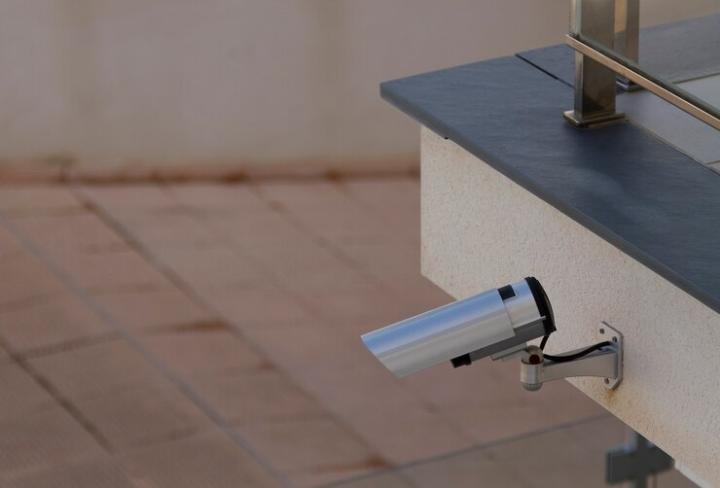Notifications

9 minutes, 21 seconds
-490 Views 0 Comments 0 Likes 0 Reviews

Walking through Washington DC feels like stepping into a history book come alive. Every corner has a story. Every museum, every statue, and every landmark has a past. It’s a magical experience for middle schoolers.
A school trip to DC isn’t just about sightseeing. It’s about making learning hands-on and fun. A Washington DC 7th Grade Trip offers unforgettable memories and lessons that stick with students for years. There’s nothing like exploring history in real life.
DC isn’t just another city. It’s a learning playground. A mix of history, culture, and iconic sights all in one place.
Learning about history in a textbook is okay. But seeing it in person? That’s a whole new world.
Imagine students standing at the Lincoln Memorial or reading the Declaration of Independence at the National Archives. History feels real here. It clicks when they can touch, see, and explore.
DC is a giant classroom with outdoor lessons. Landmarks like these are unforgettable:
The Lincoln Memorial: Where Martin Luther King Jr. gave his famous "I Have a Dream" speech.
The Washington Monument: A tall, proud tribute to George Washington.
The Jefferson Memorial: A beautiful spot honoring Thomas Jefferson, one of America’s founding fathers.
Walking to these places creates a connection students won’t forget. They’ll learn stories and history they can’t get from books alone.
Planning a school trip can feel overwhelming. But knowing which spots to visit makes it so much easier. Let’s check out the top places students will love exploring.
The Smithsonian museums are a must. Best part? They’re free. Yup, free. Students can learn science, history, and innovation all in one trip.
Perfect for science lovers. Students can explore real planes, and spacecraft, and learn about aviation history.
Want to see the Star-Spangled Banner? Or learn about First Lady gowns? This museum has it all.
Dinosaurs, oceans, and space. This museum takes science and history to a whole new level.
These museums are interactive, exciting, and perfect for curious minds. Kids love exploring hands-on exhibits.
Monuments and memorials are all over DC. They’re powerful, historical, and a great way to learn outside the classroom.
Some of the best ones to visit are:
The Lincoln Memorial: A moving tribute and a place of reflection.
The Vietnam Veterans Memorial: A touching and emotional reminder of sacrifice.
The Washington Monument: A symbol of American history and leadership.
These landmarks are must-sees. Walking through history is an unforgettable way to learn.
The National Mall is iconic for a reason. It’s home to museums, memorials, and plenty of history. Walking through this area feels magical.
It’s the perfect place for photos, history lessons, and exploring all the outdoor sights.
The U.S. Capitol is a great spot to learn about American democracy and government. Tours are interactive and engaging. Students can see history in action here.
It’s a memorable way to connect lessons with real-life experiences.
Let’s face it—guided tours are awesome. Especially when they’re tailored to the age group and lesson plans of students.
Tour guides know everything about DC. They’ve got stories, history tidbits, and fun facts to share.
They make history feel less like a lecture and more like an adventure. Kids will love exploring with a knowledgeable guide leading the way.
Teachers can focus the trip on what they’re learning in class. Whether it’s about the Civil Rights Movement or the Constitution, guides can adjust.
This creates a seamless connection between history lessons and real-life experiences.
Planning a big trip can feel intimidating. But these tips will help make the entire trip smooth and stress-free.
DC is busy, especially for school groups. Plan your tours, accommodations, and museum visits well in advance.
Create a balance between sightseeing, learning, and free time. A structured schedule keeps students on track and excited.
Make sure students pack comfy shoes, weather-appropriate clothing, and a reusable water bottle. Walking around DC involves lots of steps.
Don’t pack every minute with activities. Students love having time to explore and make discoveries on their own.
After each visit, ask students what they learned. Reflection helps them connect experiences with lessons and personal growth.
If middle school isn’t the age group you’re working with, consider organizing a [Washington DC 6th Grade Trip] instead. These trips are a little more focused on exploration and fun but are equally enriching.
Younger students will benefit from the same hands-on history lessons but at a pace that suits their learning style. These trips give them a head start in connecting history to real life.
There’s something about standing in front of a monument or reading the Constitution in the National Archives. It brings history to life. Students aren’t just reading or listening anymore. They’re touching, walking, and exploring.
Trips like these aren’t just about sightseeing. They’re about creating connections. Students make memories that last a lifetime.
DC isn’t just another trip. It’s an experience. It connects history with real-world moments in a way that sticks with kids forever.
Taking a group of students to DC isn’t just a field trip. It’s an unforgettable journey through American history and culture. A Washington DC 7th Grade Trip offers hands-on learning, iconic sights, and unforgettable memories.
Every museum, every memorial, every street, and every landmark tells a story. These stories come alive when students explore DC with their own eyes.
So, if you’re considering a trip for your students, pack your bags and prepare for adventure. DC offers history lessons that are unforgettable, exciting, and real. Let’s bring history to life—one field trip at a time.

